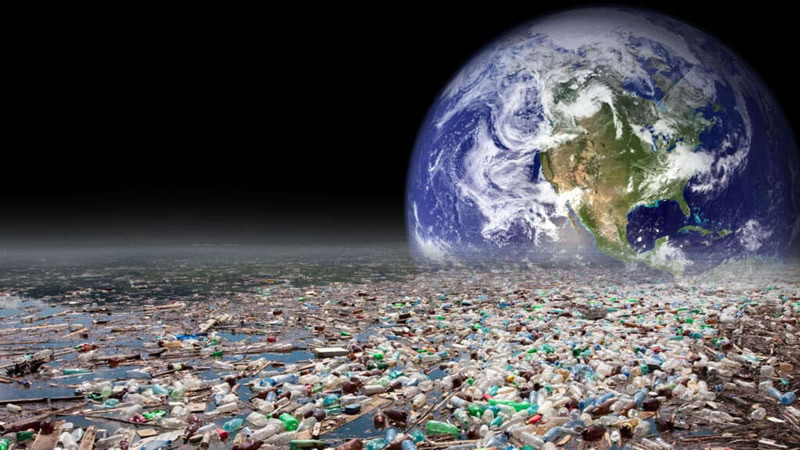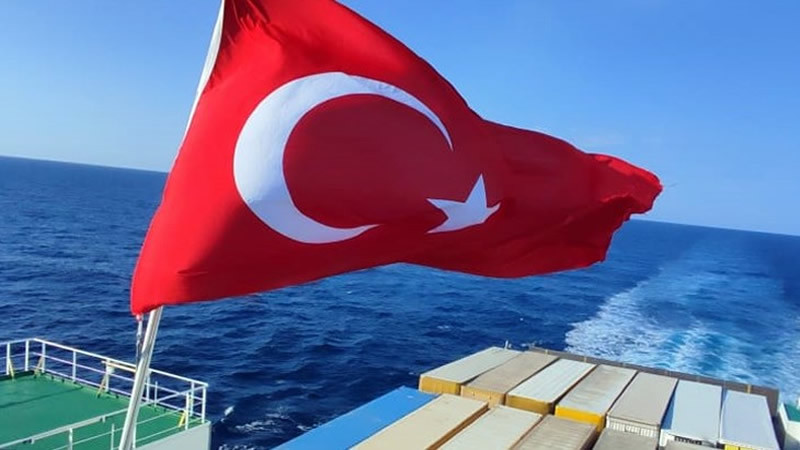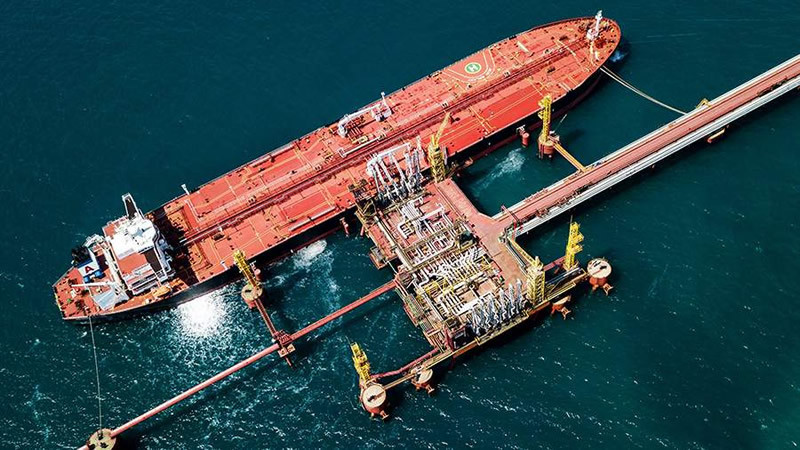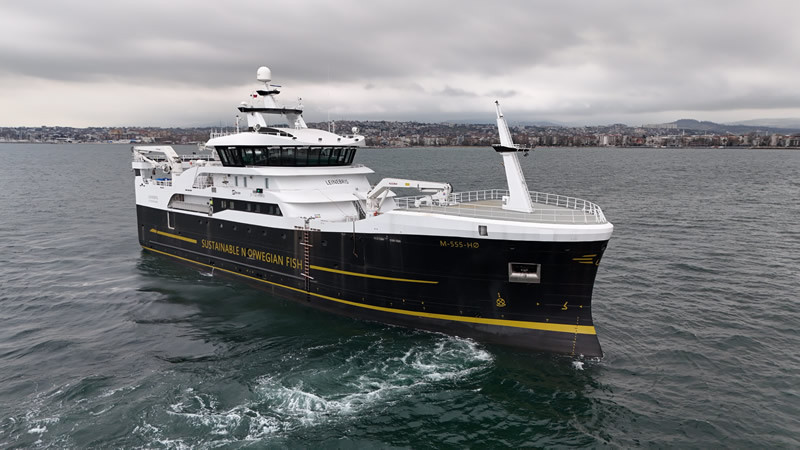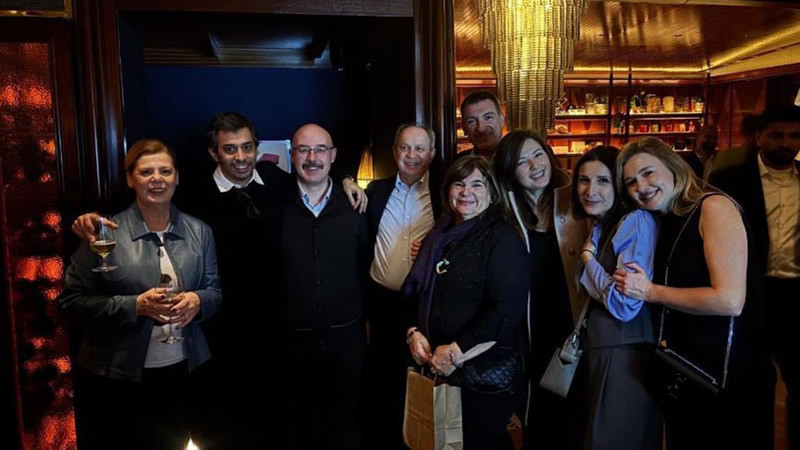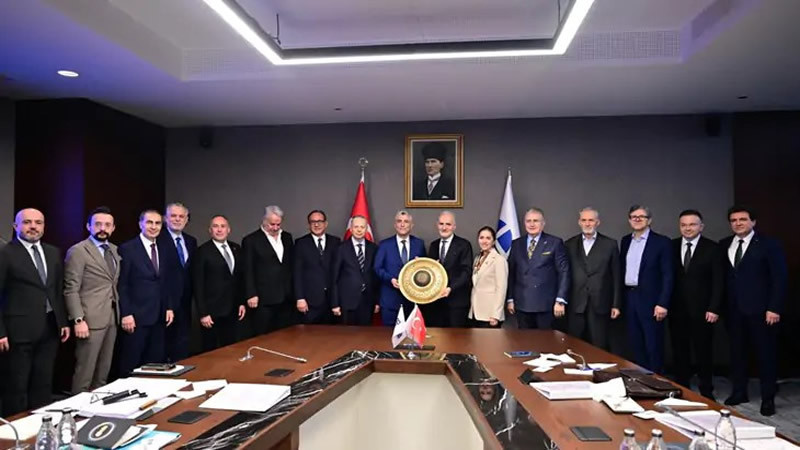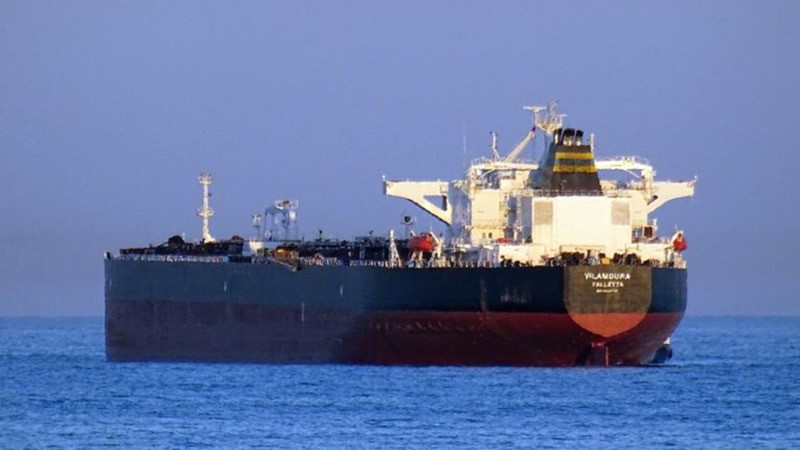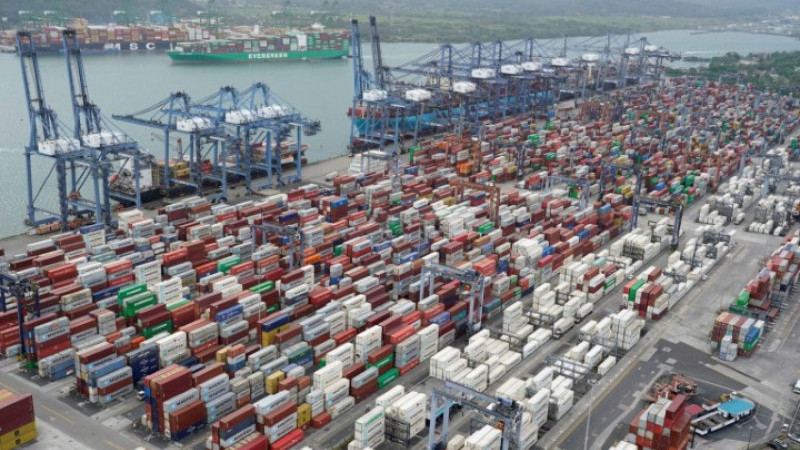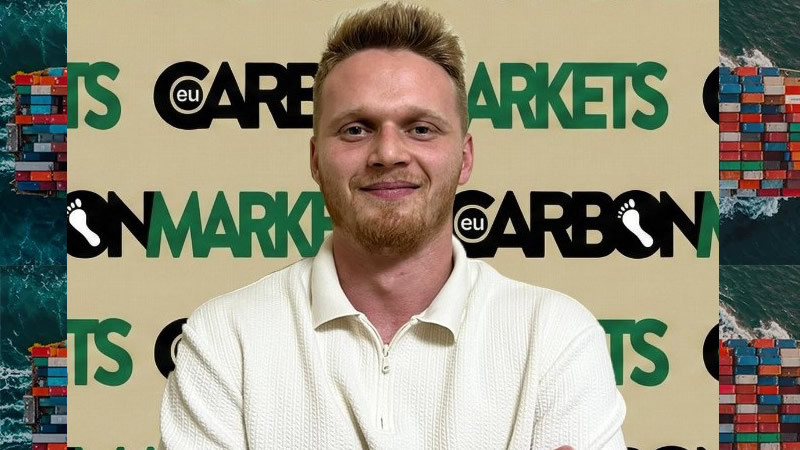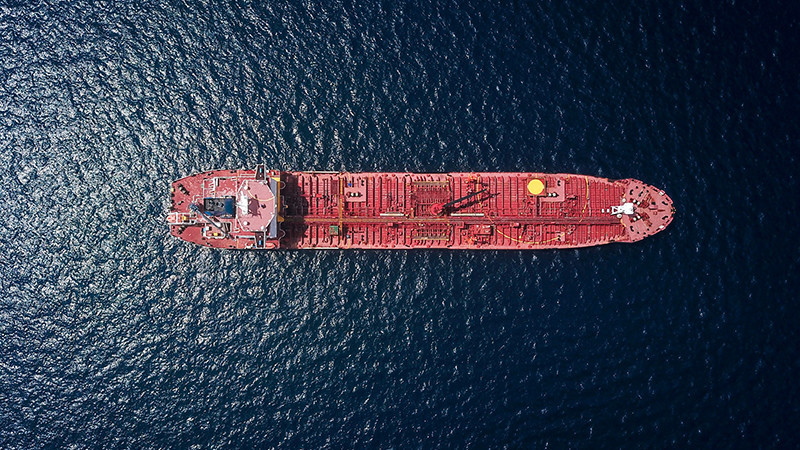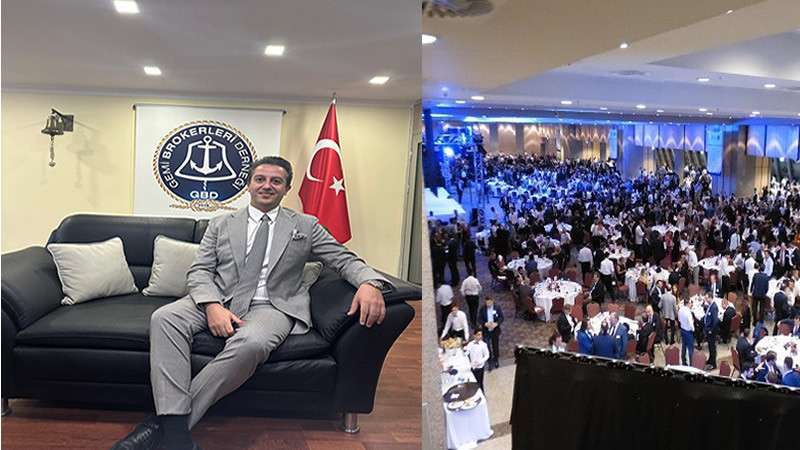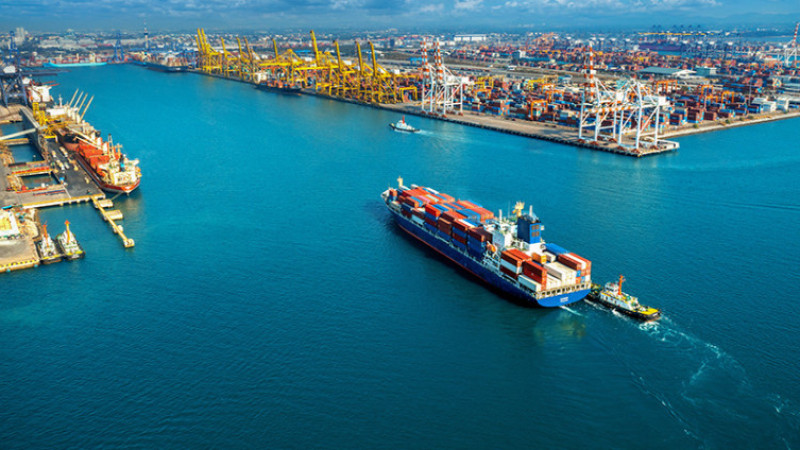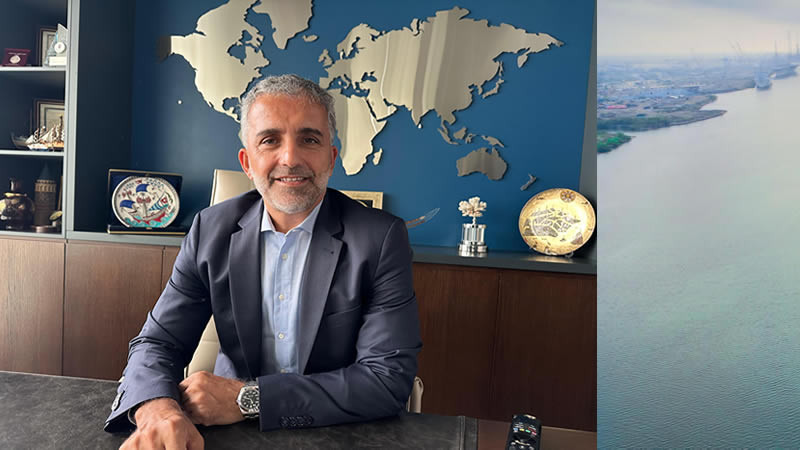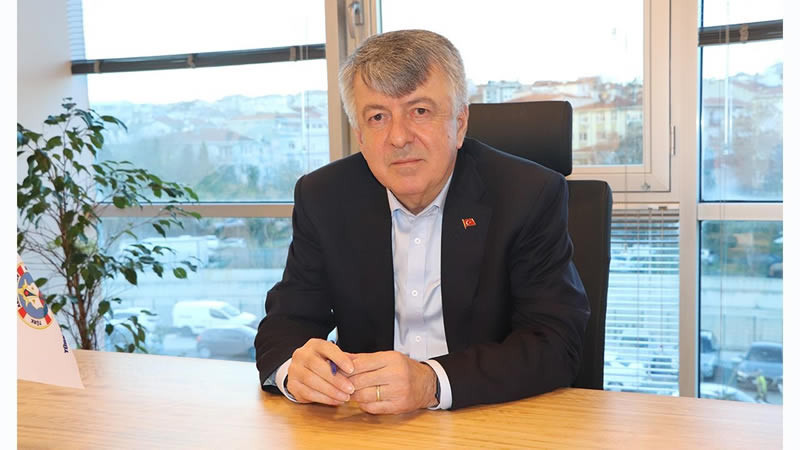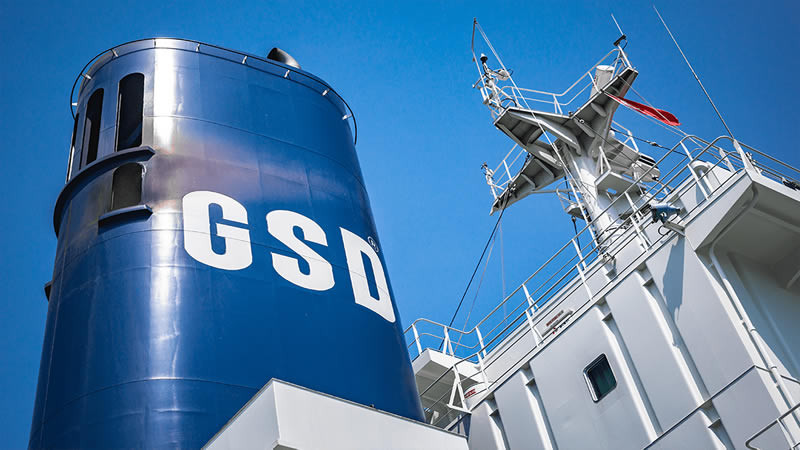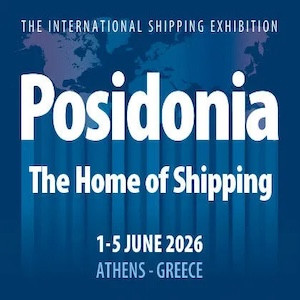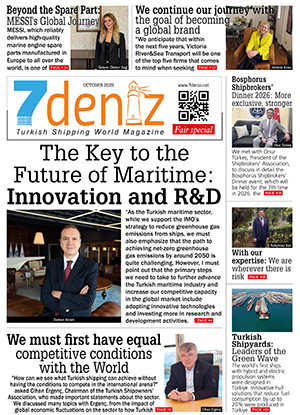We want the same penalties and norms on environmental penalties as in Europe
We had a full interview with Cihan Ergenç, President of the Turkish Shipowners' Association.

We started our conversation by discussing the 2024 agenda of the Association and included the growth trend of Turkish shipowners and the reflection of the increasing tensions in the world on the flow of trade and our shipowners. We also talked about how the environmental measures intensifying in the Marmara Region affect the sector. Ergenç says, "We want to ensure the sustainability of a Turkish maritime industry that can compete in equal competition opportunities, rules and laws."
In 2024, which activities are on the agenda of the Shipowners' Association?
In 2024, we will continue to work with our new project ideas. In 2018-2019, we had chosen three main themes to guide us and we still strive to move forward around these main themes.
Our current Honorary President and then Chairman of the Board of Directors, Mr. Ahmet Bedri İnce, said the following at the Technology Workshop we held in 2018 with a very comprehensive content: "The Turkish Shipowners' Association has chosen three main themes to guide it: competition, environment and technology. In short, we call this 'ReÇeTe'. We think that with what we will write and add to this 'ReÇeTe', we will further improve our quantity and quality and increase our global competitiveness, and we direct our activities accordingly. These three themes are also the themes that reveal our needs. We no longer want to be reactive, but proactive. We want to advance in competition, in the environment and in technology, and we want to develop technologies that increase efficiency in the ships we own or will own, technologies that arise from environmental needs, using our own pioneering technologies, using our own data that we are directly confident in, not with the pioneering technologies of others. That's why I say that the only thing that can take the future is today.
Therefore, what we do today is very important for us. If we waste today, it means that we are wasting our future. In this context, we should prepare our strategies and plan our actions for the future today. 6 years later, we continue to move forward with this ReÇeTe. Because these 3 issues are still in force and the need to fill their content continues. Here, we have added digitalization to the technology part of our ReÇeTe. At this point, we have made significant progress with this ReÇeTe, but we should not overlook a point where we should criticize ourselves positively. We have not yet made much progress in developing and using our own technologies and know-how in maritime transportation. However, we plan to carry out activities and initiatives at this point as of 2024.
This year, we intend to include two major projects such as "Sustainability in Maritime Transportation" and "Nitelship Project" to improve the qualifications of our small tonnage vessels. Of course, our ongoing projects from our initiatives from previous years will also be carried forward towards the finalization at the same pace. Apart from this, we seafarers have always and will always protect our Blue Homeland. The efforts of our state to show a flag presence in the Blue Homeland and to protect and safeguard it are undeniable. In order to contribute to this, this year and in the years to come, we will work on the "Blue Economy" that adds value to the Blue Homeland and transforms it into the welfare and wealth of the people. Because we are the most important stakeholders of the "Blue Economy". This is the most important duty and responsibility for us.
On the other hand, we will strive to reflect and develop the dynamic energies and technological perspectives of our "Young Shipowners Group", which we established in 2023. As we mentioned above, "The only thing that can buy the future is today". Our future is our young shipowners. It is very important for our industry to train them well and prepare them for the future. Again, we want to continue our cooperation and activities between the sector and our universities by increasing all kinds of unity.
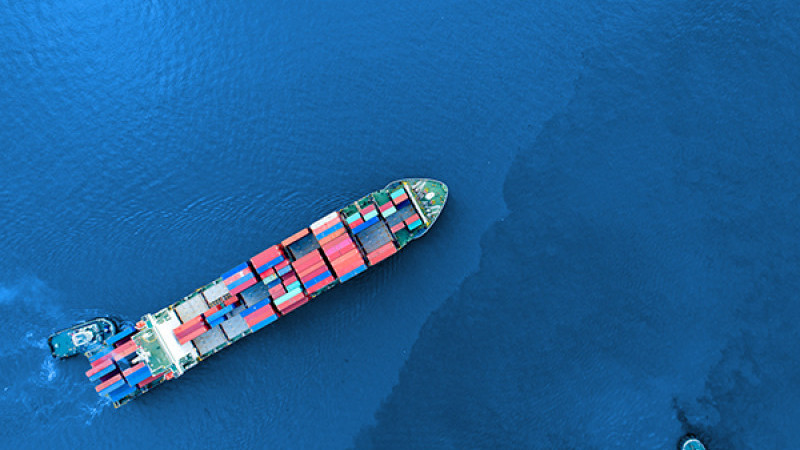
Turkish shipowners closed the year with growth and rose in the world rankings. How do you evaluate 2024 in this respect? Is it possible that there will be growth in the Turkish-owned fleet this year as well?
Our Turkish-owned fleet has grown by 67% in the last 19 months and reached a capacity of 50 million DWT. This was our target for 2028-2030. However, I think many factors came together and this unexpected growth emerged. The global increase in freight rates during and after the pandemic whetted the appetite for ship investments, on the other hand, capital increases encouraged shipowners to invest in both second-hand and new ships. Again, the geopolitical reasons for the increase in our fleet are the effects of the Russia-Ukraine War and the EU, US and UK sanctions against Russia, the war and civil unrest in Syria, Israel's attacks on Palestine and the developments, sanctions against Iran, terrorist acts at sea in the Red Sea and Houthi attacks on ships.
Of course, global decarbonization regulations are another reason for the capacity increase. I think that there are 3 views prevailing in the market on this issue. One group of shipowners or investors can continue their second hand ship purchases by thinking independently of the effects of decabornization and developments on second hand ships. One group keeps their ship investments on hold within the scope of new fuels, related machinery and other technological developments. The third group, on the other hand, tends to invest in new-build vessels with efficient and dual fuel systems that incorporate new technologies. The formation of supply and demand among these three groups also operates in a systematic manner.
As far as we see in the market, Greek and Japanese shipowners are getting rid of their second hand ships in line with the new regulations and technological developments. Some of the shipowners are suing for these ships. In 2024, I think there will not be as rapid growth in our fleet as in the past two years. I believe that the supply and demand for our own fleet will be a little more balanced. Unless there are new geopolitical developments or developments that will disrupt this balance.
Russia-Ukraine, Israel-Palestine and now the growing troubles in the Red Sea. All these are reflected both on trade and the direction of trade and on freight markets. As an association, how do you foresee how these ongoing developments will affect global trade and Turkish shipowners in parallel? If these developments continue at an increasing pace, could there be a shift in the route to Turkey as in the pandemic? On the other hand, could these developments lead to a new container crisis?
In other words, I believe that these developments will have positive reflections on our country's exports. This increase in exports should of course be supported by maritime transportation. In this context, I think there will be an increase in maritime trade from Turkey. The route will partially return to our country. Therefore, I do not think that these developments will affect us much unless they turn into a global trade crisis.
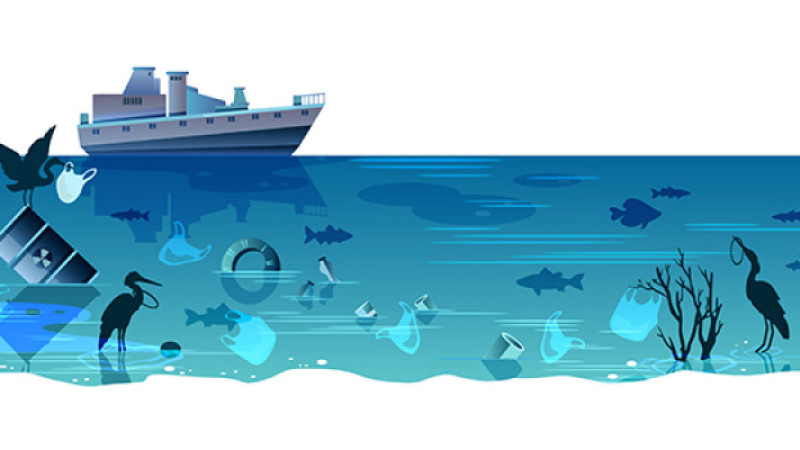
Yes, we do global transportation. But for example, in container transportation, we are mostly in the Mediterranean basin and the Far East. Our dry bulk trade region is all over the world, but I think that these geopolitical developments may even have some advantages arising from the fact that they are Turkish-owned ships. By the way, I do not think that there will be a container crisis like the pandemic period, since the ton mile increase will extend the cruise for about 10-15 days, it will have a positive relative effect on the markets. In that period, there were service disruptions not only in ships but also in ports. In addition, other service areas also caused this disruption.
Especially in the Marmara Region, chemical tanker P&I insurances may be excluded from the scope due to increasing environmental measures and penalties... Likewise, the measures and penalties increase the shipowner's share of risk... Could you share your views on this issue?
Environmental fines are indeed one of our biggest problems and we raise this issue at every opportunity and demand that it be solved in line with international norms. Unfortunately, we have not found a solution yet. What do we want? Maritime is an international sector and we work with international laws and rules. We want the environmental laws, penalties and norms applied in Europe. The current environmental fines in Turkey are too high, the logic is wrong and they are applied incorrectly. Turkish shipowners and foreign shipowners are extremely uncomfortable and prefer not to come to Turkish ports, which increases freight rates. They tried and are trying to exclude P&I insurances from insurance coverage. If this process continues, P&I and hull insurances may exclude Turkish ports from their coverage, which is not good for our country and we will suffer a lot. The environmental issue should urgently be brought to international or European norms. Another issue is the OÇK, which poses a great risk for maritime, especially for our shipyards. If the OÇK laws and rules are applied to our shipyards, the closure of our shipyards will become an inevitable reality, a solution must be found.
What advice would you like to give to Turkish shipowners as an Association in the context of all the developments both globally, regionally and nationally...
I think that geopolitical crises have very positive reflections aside from their negativity. Yes, these negativities, this turmoil and fighting in the world affect us deeply as human beings, but the effect on our trade develops in a different channel. As for the question of what I can recommend, this is a difficult question to answer, especially in this period. I don't think there will be a single answer. The period until 2030 is a technological transition period in terms of CII and decarbonization, and it is an inevitable fact that we will live for many years. In other words, I see the next 7 years and even the period until 2040 as a period of uncertainty, there are innovations and developments every day, we are in a very dynamic process. We need to follow this transition period closely and manage it very well. Therefore, my advice here would be for our shipowners to understand, analyze and follow the regulations, especially the decarbonization strategies of IMO and the EU very well, and to focus on this issue in their investment decisions. Everything starts with technology, energy efficiency, CII. In other words, when buying second-hand ships, ordering newbuildings or if they want to stay on standby.
Also, technology pursuit becomes very important from now on. Until we find a new fuel or Carbon Capture that is free of GHG chemicals and gases, everything is shifting to efficiency technologies, digitalization of ships and the use of transitional new fuels and fuels in machinery. Of course, this requires a certain amount of investment capital. My recommendation would be to pool and implement these investment decisions together. In this way, we can minimize our costs and add this to increase our competitiveness. With StormGeo, organized by the Turkish Shipowners' Association in strategic cooperation, we have started to implement the energy efficiency software program on approximately 250 of our ships. Our shipowners should definitely use energy efficiency software as we do. This software is a very useful, environmentally friendly and valuable digitalization work. As the Turkish Shipowners' Association, we will continue such activities in 2024. We will follow these technological developments on behalf of our sector and we will also realize new pool applications.
What you would like to add…
The additional thing I would like to add is the Tonnage Tax System. In 2024, we will continue our initiatives to implement a tonnage tax system on behalf of our industry. I believe that this tax system, which is currently applied by the world's largest fleets, should be implemented by us as soon as possible in terms of competition. In recent years, this tax system has been implemented in China and India and before that in around 40 countries. We firmly believe that this will be an extremely beneficial and historic solution that will carry the entire sector into the future and add a lot to our homeland. We must definitely achieve this. We will announce the details of this issue in line with the developments.
After all, as an international sector, we are the only sector with international rules and competition. What we want is to ensure the sustainability of a Turkish maritime industry that can compete in equal competition opportunities, rules and laws.


